
A Non-Governmental Organisation, Human Rights 360, has vehemently kicked against Ghana’s determination to switching to nuclear energy as an alternative to the country’s perennial power crisis.
The NGO, as part of its advocacy against ongoing negotiations and implementation of the various phases of the agreement signed by past and successive governments, has called on Ghanaians to resolutely mount pressure on the government to abandon the idea.
This came to light during a stakeholders’ forum organised by Human Right 360 at Elmina to sensitise the people about the dangers involved in the use of nuclear to generate electricity.
In her welcome address, the Executive Director of Three-Sixty Human Rights, Alberta Kpeleku, noted that throughout various discussions about possible Nuclear Power in Ghana, very little has been said about its deadly side effects.
This, she said, informed the decision of 360 to educate the masses to become abreast of the real dangers associated with the nuclear power generation and the need to have “Nuclear Free Ghana”.
She further called on government to consider the vulnerabilities of the populace in case of any disaster associated with nuclear plants and rather prioritise other forms of renewable energy such as solar which she said was comparatively cheaper.
Keynote address
Delivering a keynote address, under the theme: “Nuclear-Free Ghana, The Role of Stakeholders”, a legal practitioner, Lawyer Solomon Appiah, stated that the impact of energy crises on the economy could not be underestimated.
According to Lawyer Appiah, the overreliance on the Akosombo Hydro Dam as the country’s primary energy source was mainly responsible for the recurrent power crises that kept bedevilling the country.
In view of this, he said, there has been a long standing consideration of nuclear energy as the long term solution to the country’s energy crises, which would ensure efficient and stable power supply in the future.
However, he queried the country’s preparedness to handle nuclear waste and how best the waste would be disposed safely to avert any concomitant effects on human lives and the environment in general.
“It is true that nuclear waste, particularly in the form of radioactive waste, presents a lot of health risks among infants, children and the elderly.
“Are we ready as a country to go nuclear when we cannot solve our basic economic and health needs,” he asked.
In his estimation, though nuclear energy, undeniably played a significant role in the global energy landscape, Ghana must carefully assess the risks and benefits of adopting atomic energy as an alternative source to hydroelectric power.
Other Speakers’ concerns
A specialist Physician and the Head of Dialysis Unit of the Cape Coast Teaching Hospital, Dr Evans Maccready, who was a speaker for the event, noted that Ghana’s health care delivery system lacked capacity to handle nuclear plant explosions accidents.
According to Dr Maccready, government must take into consideration the fact that the current system has not been adequately equipped to respond swiftly and effectively to treat large number of casualties in case of any associated disaster.
Dr Maccready, therefore, appealed to the government to hasten slowly on its quest to introduce nuclear energy because apart from the fact that the country did not have adequate response capabilities, waste generated from nuclear plants could also pose a major challenge to the country.
On his part, a senior lecturer at the Institute of Education, University of Cape Coast, Professor Christopher Beccles stated that Ghana must rather shift attention to sustainable alternatives of energy instead of nuclear.
He explained that it was high time Ghana “concentrated on improving what we have and put in much effort to use renewable energy and move away from nuclear” citing the Fukushima explosion as an example to illustrate his point.
Stakeholders’ reaction
Having become abreast of the dangers and other risk factors, the various stakeholders such as chiefs, queen mothers, educationists and other opinion leaders who attended the event expressed deep concerns about nuclear energy.
Expressing their frustrations about the fact that they had very little to no idea at all about the government’s decision to introduce nuclear energy, which would require a nuclear reactor, the stakeholders agreed that government must abandon the move.
The post Human Rights 360 kicks against nuclear energy in Ghana appeared first on The Ghanaian Chronicle.
Read Full Story
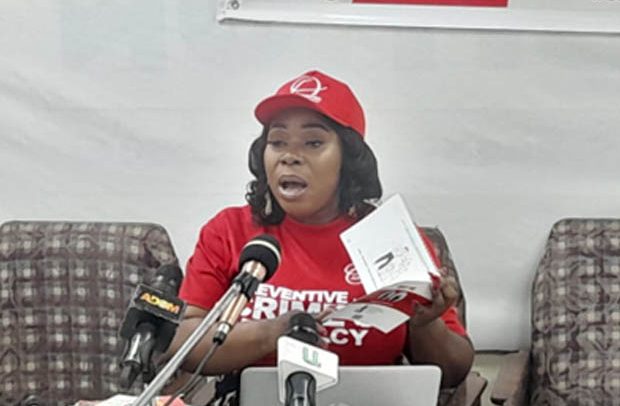


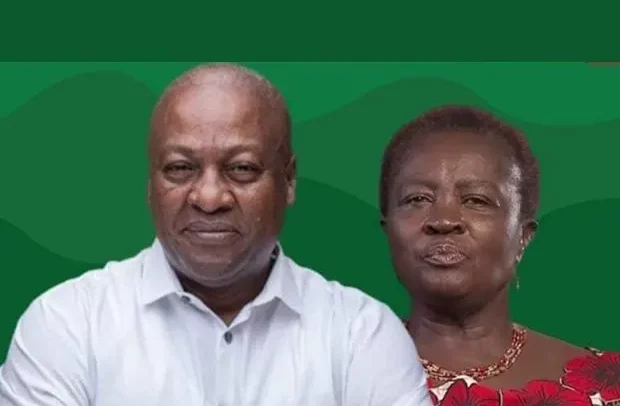
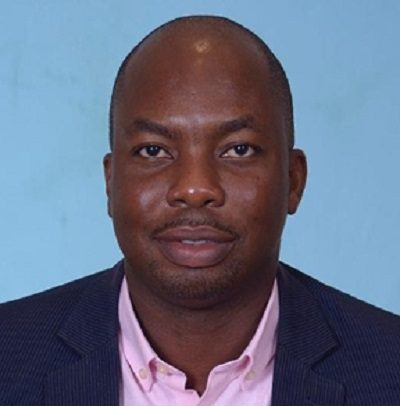







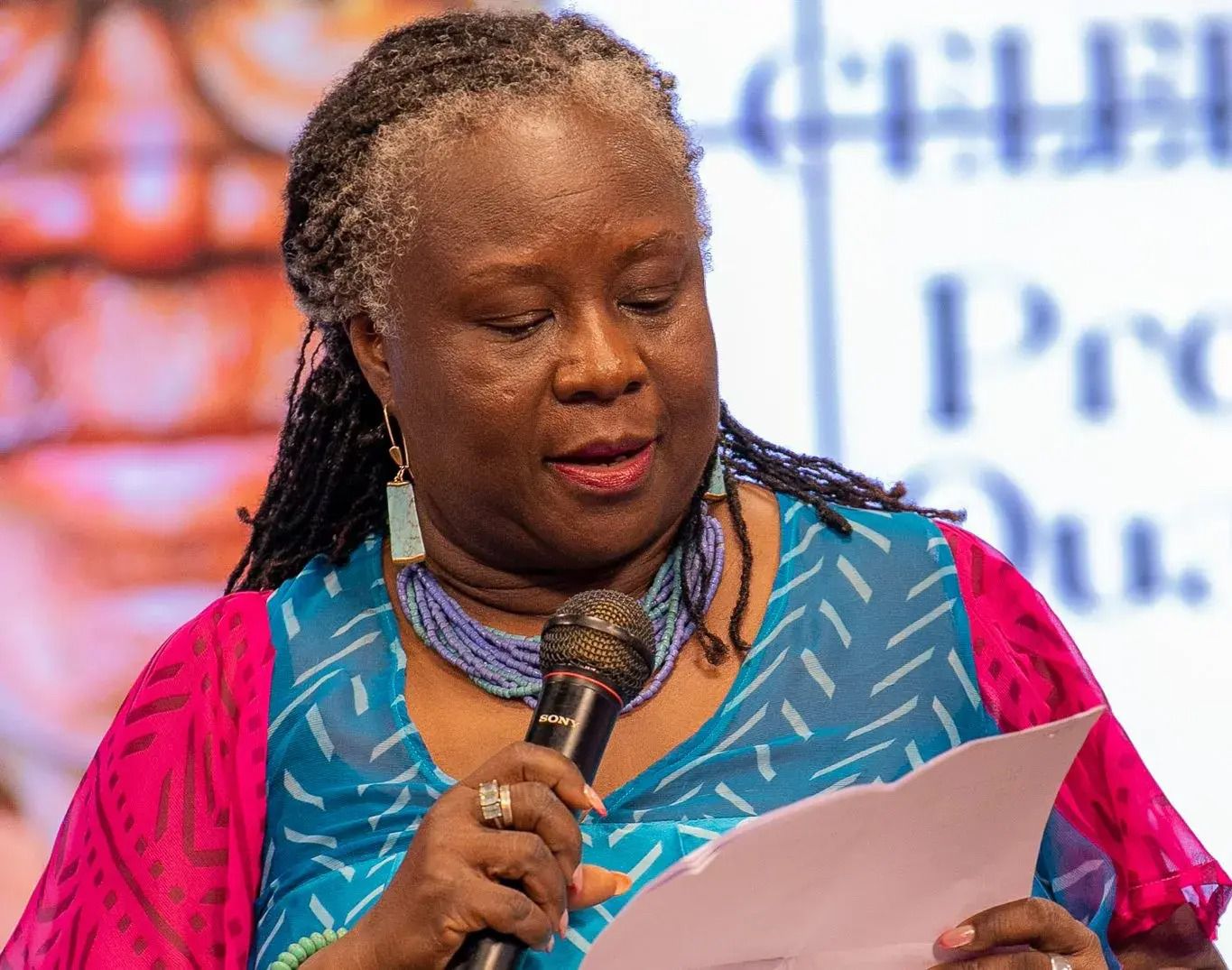
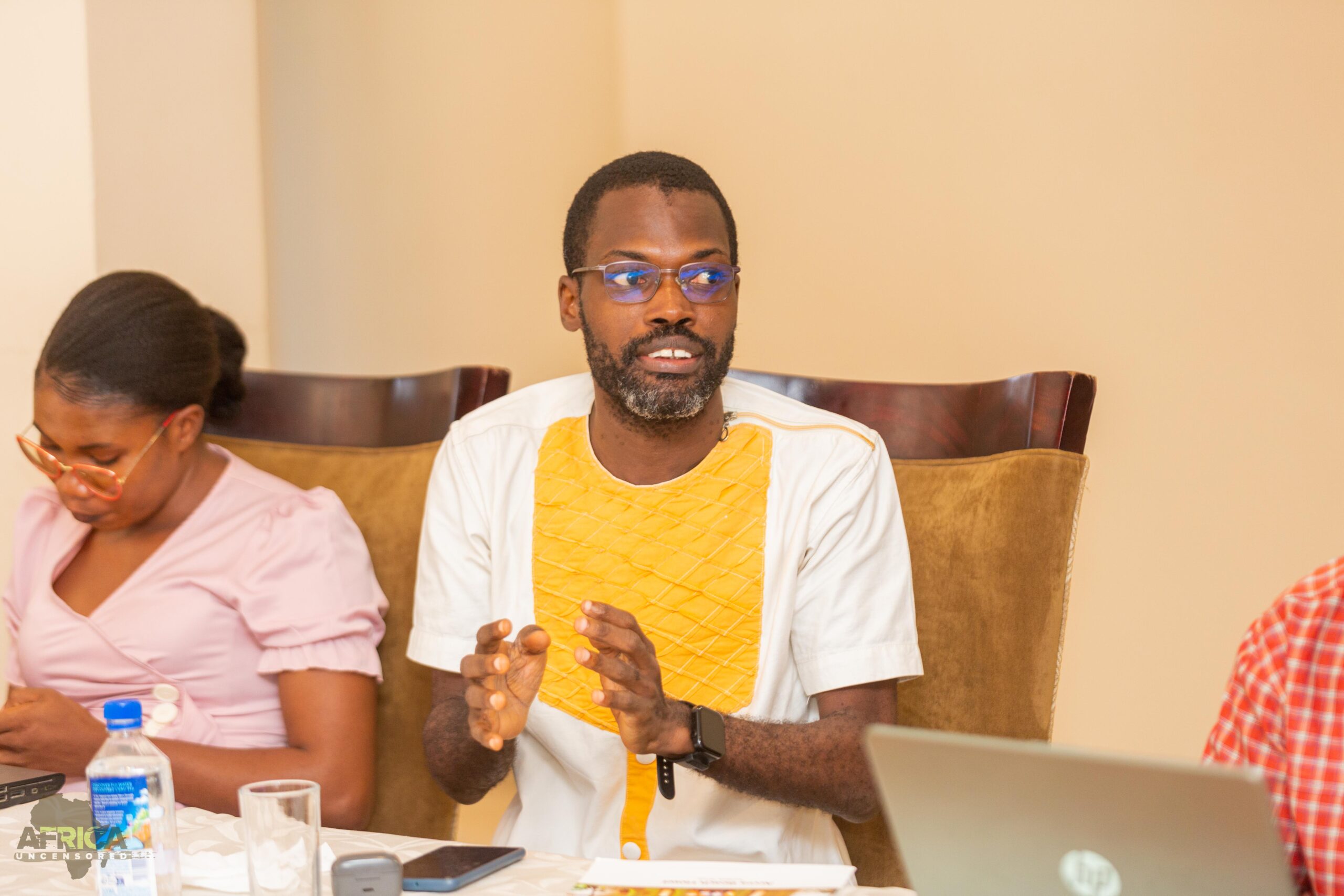



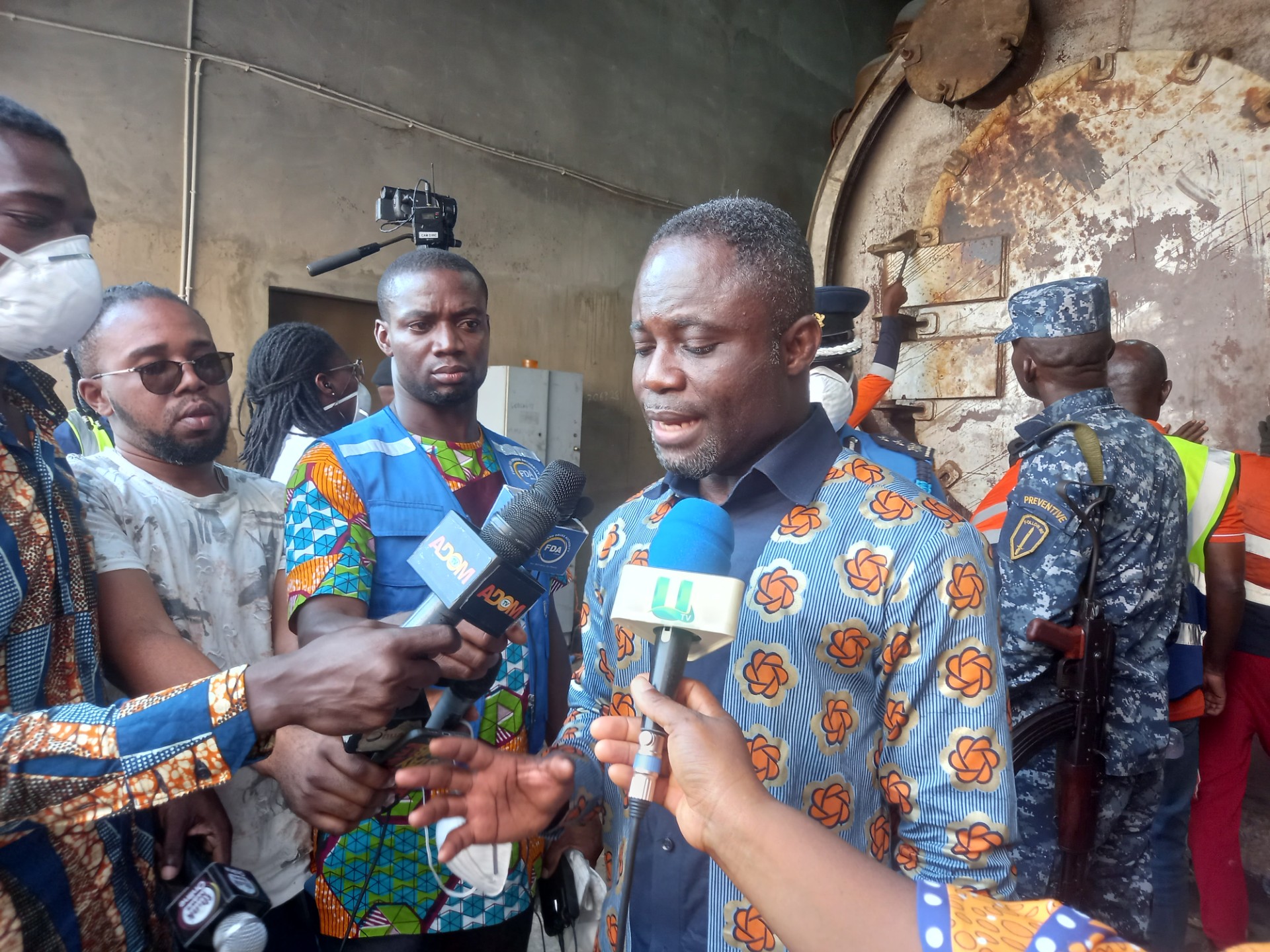
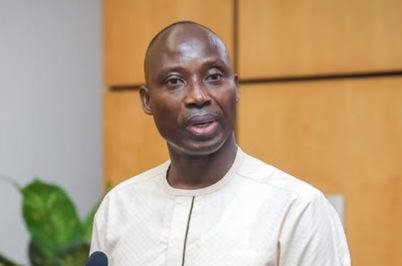




Facebook
Twitter
Pinterest
Instagram
Google+
YouTube
LinkedIn
RSS